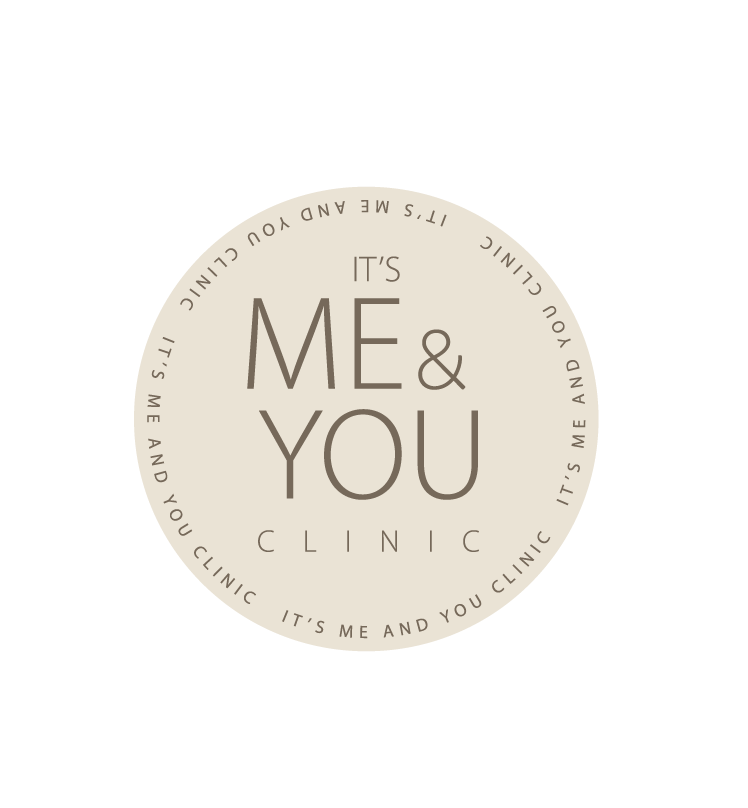Pregnancy is a time of profound change in a woman’s body, marked by various physical transformations. It’s natural for expectant mothers to want to look and feel their best during this special period. However, questions often arise about the safety of cosmetic procedures, including hyaluronic acid fillers, while pregnant. In this article, we’ll delve into the important considerations surrounding hyaluronic acid fillers during pregnancy, the potential risks involved, and alternative options for those looking to maintain their appearance while expecting.
Understanding Hyaluronic Acid Fillers
Hyaluronic acid fillers are a popular choice for individuals seeking facial rejuvenation and enhancement. They are used to address concerns such as fine lines, wrinkles, volume loss, and lip augmentation. Hyaluronic acid is a naturally occurring substance in the body, making these fillers a seemingly safe and attractive option for cosmetic procedures.
Safety Concerns During Pregnancy
While hyaluronic acid fillers are generally considered safe for non-pregnant individuals, their safety during pregnancy is a topic of concern and debate within the medical community. Here are some key considerations:
Limited Research
There is a lack of comprehensive studies on the safety of hyaluronic acid fillers during pregnancy. This limited research makes it challenging to provide definitive guidelines.
Risk of Infection
Any injection-based procedure carries a small risk of infection. During pregnancy, the body’s immune system may be slightly compromised, potentially increasing the risk of infection.
Allergic Reactions
While rare, allergic reactions to fillers can occur. Pregnancy can lead to changes in a woman’s immune system, potentially altering her response to foreign substances.
Avoidance of Unnecessary Procedures
Medical professionals often advise pregnant individuals to avoid unnecessary medical procedures to minimize potential risks to the developing fetus.
Discomfort and Swelling
Pregnancy itself can lead to facial swelling and changes in skin texture. The discomfort and swelling caused by hyaluronic acid fillers may be less tolerable during this time.
Alternative Options During Pregnancy
Given the uncertainties and potential risks, many practitioners recommend postponing elective cosmetic procedures like hyaluronic acid fillers until after pregnancy and breastfeeding, if applicable. However, for those who wish to maintain their appearance during pregnancy, there are alternative options that may be considered safer:
Topical Skincare
Invest in high-quality skincare products that are safe for use during pregnancy. Ingredients like hyaluronic acid, glycerin, and antioxidants can help keep the skin hydrated and healthy.
Non-Invasive Treatments
Non-invasive cosmetic treatments like microdermabrasion, chemical peels, and laser therapy are generally considered safer during pregnancy than injectable fillers. However, it’s essential to consult with a knowledgeable practitioner before undergoing any procedure.
Consultation and Guidance
Schedule a consultation with a board-certified dermatologist or plastic surgeon who specializes in pregnancy-safe skincare and treatments. They can recommend personalized solutions tailored to your unique needs and concerns.
Focus on Self-Care
Pregnancy is an excellent time to prioritize self-care, which includes maintaining a healthy diet, staying hydrated, and getting sufficient rest. These practices can help you feel your best naturally.
Legal and Ethical Considerations
When considering cosmetic procedures during pregnancy, it’s essential to navigate not only the medical aspects but also the legal and ethical dimensions of this decision. Here are key points to keep in mind:
Medical Guidelines and Regulations
Different countries and states may have varying regulations and guidelines regarding cosmetic procedures during pregnancy. Some medical boards and professional organizations provide specific recommendations for practitioners. Always be aware of the legal framework in your region.
Informed Consent
Informed consent is a fundamental ethical principle in medicine. It means that patients must be fully informed about the potential risks and benefits of any medical procedure, including cosmetic treatments. During pregnancy, informed consent takes on added significance as it directly impacts the health of both the mother and the unborn child.
The Role of Medical Professionals
Medical professionals, including obstetricians/gynecologists and cosmetic practitioners, play a crucial role in ensuring ethical decision-making. Obstetricians should provide guidance on the potential risks to maternal and fetal health, while cosmetic practitioners must uphold ethical standards in their practice.
Personal and Societal Expectations
Society’s expectations regarding pregnancy and appearance can influence an individual’s decision to undergo cosmetic procedures. It’s important to acknowledge that these expectations may vary widely. Some may view cosmetic procedures during pregnancy as a matter of personal choice, while others may consider it ethically problematic.
Prioritizing Maternal Health
The primary ethical consideration during pregnancy should be the health and well-being of both the mother and the developing fetus. Cosmetic procedures should not compromise these priorities. If there are any doubts or concerns about the safety of a procedure, it’s typically advisable to err on the side of caution.
Provider Ethics
Cosmetic practitioners have a responsibility to adhere to ethical standards in their practice. This includes conducting thorough assessments, providing honest information about risks and benefits, and prioritizing the patient’s well-being above all else. Practitioners who are willing to perform procedures without considering these ethical principles should be approached with caution.
Legal Liabilities
Legal ramifications may arise if a cosmetic procedure during pregnancy results in harm to the mother or child. Legal liabilities for practitioners and potential lawsuits should be considered carefully.
The Importance of Consultation
Given the complex ethical and legal landscape, it’s crucial for individuals contemplating cosmetic procedures during pregnancy to seek consultations with both obstetricians and cosmetic practitioners. This ensures a comprehensive understanding of the medical, legal, and ethical aspects involved.
Personal Values and Beliefs
Personal values and beliefs can significantly influence the ethical considerations surrounding cosmetic procedures during pregnancy. It’s important for individuals to reflect on their own values and consult with healthcare professionals who respect those values.
Advocacy for Ethical Care
Patients have the right to advocate for ethical care and informed decision-making. If individuals feel that their concerns are not being adequately addressed, they should seek second opinions and explore alternative healthcare providers.
Conclusion: Prioritizing Safety and Well-Being
The decision to have hyaluronic acid fillers or any cosmetic procedure during pregnancy is a deeply personal one. However, it’s crucial to prioritize the safety and well-being of both the mother and the developing baby. While the risks associated with hyaluronic acid fillers during pregnancy are not well-established, many healthcare providers err on the side of caution and advise against elective procedures during this time.
Ultimately, consulting with a healthcare professional who is well-versed in pregnancy-safe skincare and treatments is essential for making informed decisions. They can guide you in choosing the most appropriate options to help you feel confident and radiant during this special period in your life.
- Lip Fillers, Anti-Wrinkle Injections in Albury Heath GU5 - February 19, 2024
- Can You Have Hyaluronic Acid Fillers When Pregnant - October 4, 2023
- How Much Are Lip Fillers London - September 27, 2023

